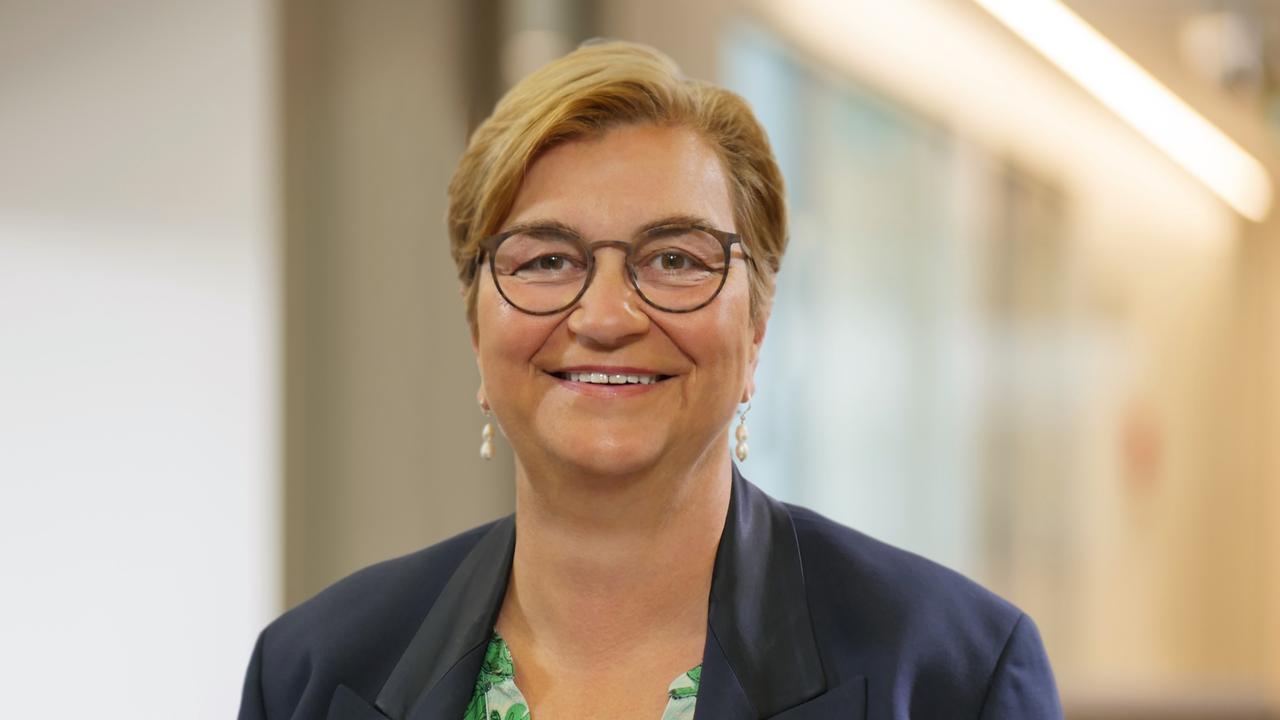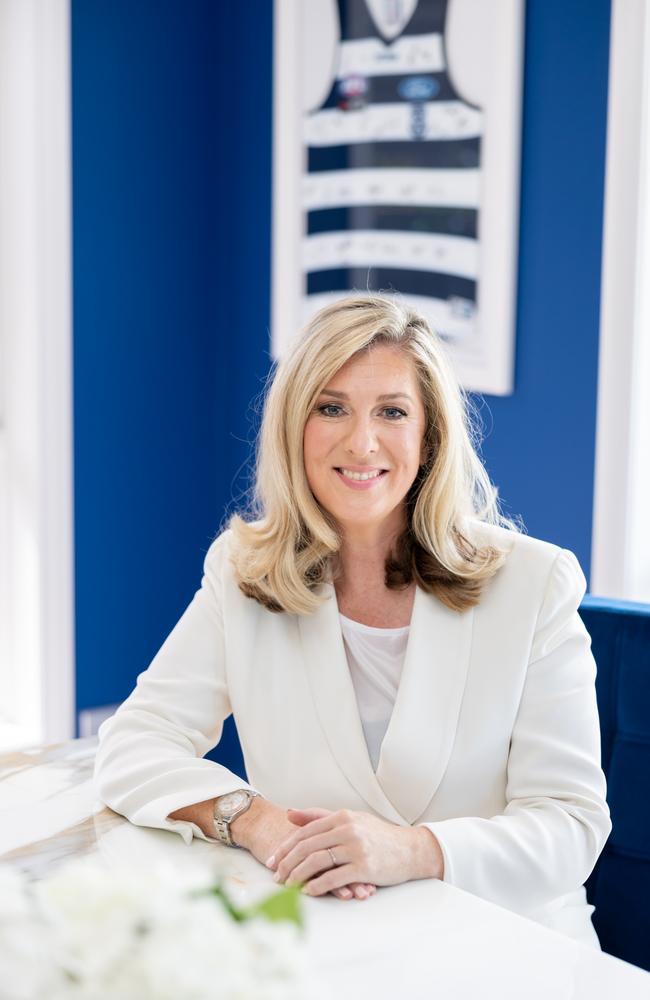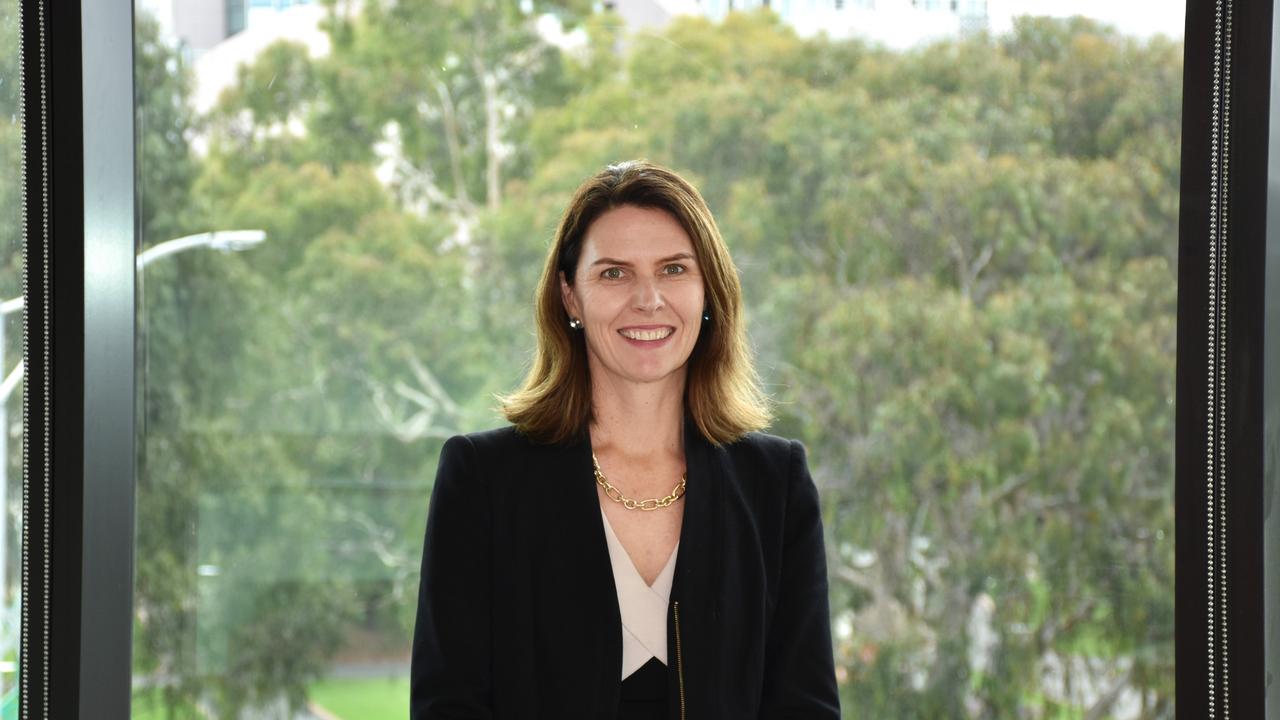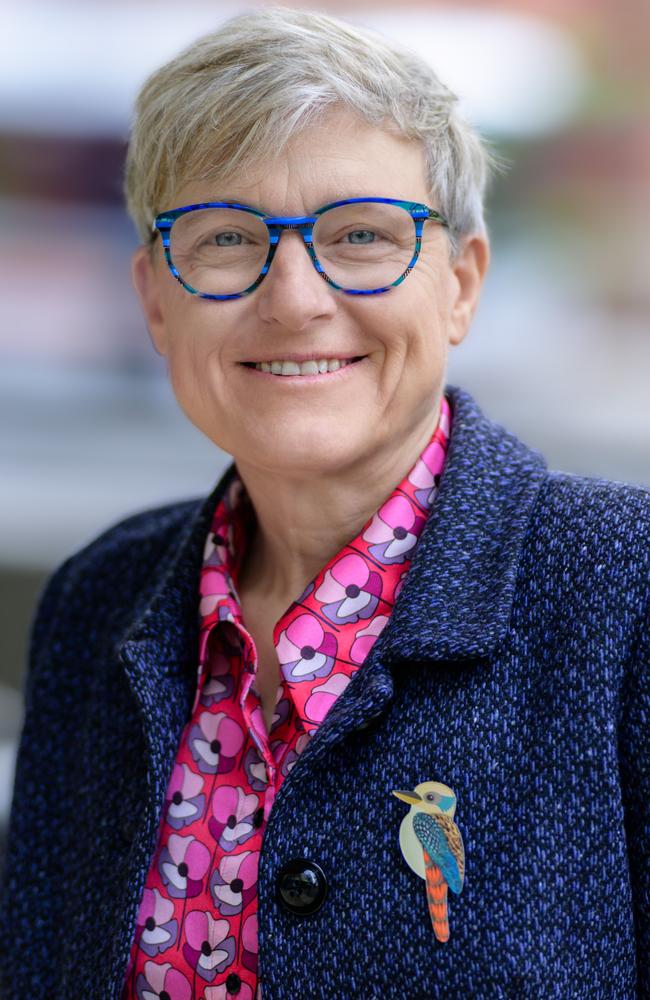Powerful Geelong women speak out on sexual harassment
Some of the most influential and successful women in Geelong have spoken of their experiences in the workplace, slamming sexual harassment amid a nationwide push to combat toxic behaviour against women.

Geelong
Don't miss out on the headlines from Geelong. Followed categories will be added to My News.
Recent events across Australia suggest the country is experiencing a watershed moment in addressing violence towards women.
Shocking murders, many in a domestic setting, have rightly dominated the headlines and acted as the catalyst for nationwide rallies last weekend.
But lost among the debate as to whether Prime Minister Anthony Albanese was or was not invited to speak at the What Were You Wearing protest in Canberra was the release of some alarming statistics.
Data from Australia’s National Research Organisation for Women’s Safety (ANROWS) showed a quarter of men surveyed admitted to using technology to engage in workplace sexual harassment.
This included unwelcome or harassing sexual behaviour using email, mobile phones or social media.
“New technologies in the workplace create new avenues for abuse, making the need to address this sexual harassment gap all the more urgent,” ANROWS chief executive Tessa Boyd-Caine said.
“Employers need to build safety into workplace cultures and technologies to protect their staff.”
This week, South Barwon MP Darren Cheeseman was booted from the Labor Party amid allegations of “inappropriate” behaviour towards female staff.
Sources familiar with the situation said Mr Cheeseman had been accused of making some female staff feel “uncomfortable” with unwanted comments of a sexual nature.
The Addy this week spoke to four Geelong-based female leaders to learn of their experiences of workplace harassment and how they see – and have tackled – the problem.
Diana Taylor said she had experience harassment throughout her career, and shared some of these experiences in her book.
In her own business, Diana Taylor Legal Consulting, she regularly conducts workplace investigations that include allegations of harassment.
Ms Taylor – who is vice-president of the Geelong Cats and chair of the Geelong Authority and Anam Cara House Geelong but was speaking in a personal capacity – said she was “very conscious” that strong values and positive behaviour must be part of day-to-day life in her leadership roles.

“In my experience, workplace harassment in all its forms is primarily about the exercise of and abuse of positional power for advantage,” she said.
“When it occurs, the conduct is often difficult to deal with because of the emotional and psychological impact.
“The person experiencing the harassment is often in an unequal employment position than the respondent and is concerned about the career and reputational impact of making a complaint.
“To go from experiencing what you thought was a safe workplace in which you can thrive … to one in which you now feel physically and emotionally unsafe and career doors have closed, can be devastating.”
She said while the pathway for people to bring forward issues was clearer, the process continued to remain challenging.
“I have observed an increase in the courage of ‘bystanders’ who have not been directly
involved but who wish to report the unacceptable conduct,” Ms Taylor said.
“We need to keep the issue of the workplace harassment at the front of our community’s agenda and dialogue, continue to educate about the right way to treat each other in the workplace and take decisive and the right action when harassment does occur.
“When the light is turned on, there is nowhere to hide.”
City of Greater Geelong boss Alie Wastie said while attitudes had changed since she first entered the workforce, there were still far too many women who experienced workplace sexual harassment.

“It has been my experience that men who sexually harass women do so to boost their fragile egos and manage their own insecurities,” Ms Wastie said.
Patty Kinnersly, chief executive of Our Watch, an organisa`tion that aims to prevent violence against women, said the most common violence against women in workplaces was sexual harassment.
“More than 40 per cent of women in Australia having experienced it at work in the past five years,” she said.
“Sexual harassment makes workplaces uncomfortable or threatening in a sexually hostile way.
“It makes individuals feel offended, humiliated, or intimidated.”
She said research showed workplaces that took steps to foster gender equality including women in senior leadership experience a 20 per cent reduction in sexual harassment reports in following years.
Ms Wastie said her personal experience of sexual harassment in the workforce was no different nor less intense than those experienced by other women.
“I can’t begin to fully understand the pain and disadvantage that intersectionality creates for many women – compounded by factors of race, disability, age, socio-economic background,” she said.
“Hearing and witnessing appalling behaviour by men in positions of power galvanised my resolve to address gender inequality at every opportunity.
“Anyone who seeks to diminish or harass a person in the workplace has no place at the City of Greater Geelong.”
Barwon Health chief executive Frances Diver labelled harassment in the workplace “unacceptable”.
She said over her career, she had witnessed a significant positive shift in gender equality in the workplace.
“More women now occupy board and leadership positions, women are increasingly working in what were once considered non-traditional roles and workplace flexibility is providing women with greater working opportunities,” she said.
“Whilst we know that shifting the culture and driving positive attitudes towards women will continue to take leadership commitment and action in workplaces and the broader community, I am encouraged by the renewed focus on workforce wellbeing and the collective understanding that we need to be inclusive so everyone feels safe.”
Ms Diver said Barwon Health had recently implemented new initiatives to prevent and respond to workplace sexual harassment, including face-to-face sexual harassment training for managers and service leaders.
Transport Accident Commission chief executive Tracey Slatter said while she had not been harassed in the workplace, too many people had.

“It is important leaders set clear expectations of the standards of behaviour and to follow up appropriately if those standards are breached,” she said.
“I am fortunate to be leading a workplace that places a high importance on people being able to feel respected, safe, and empowered to speak up.
“Every member of our society has a role to play in creating a safe community.
“It starts with all of us being respectful of others and being prepared to call out poor behaviour.”
More Coverage
Originally published as Powerful Geelong women speak out on sexual harassment





